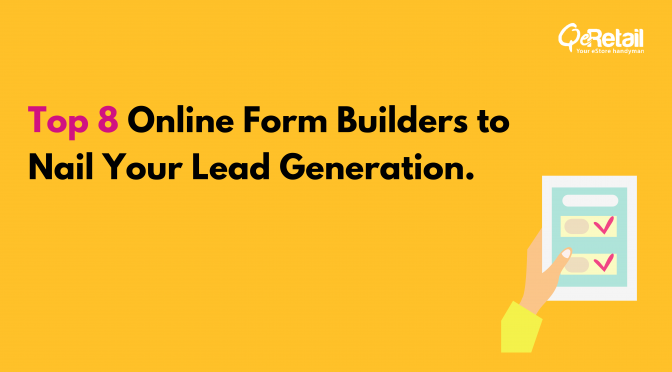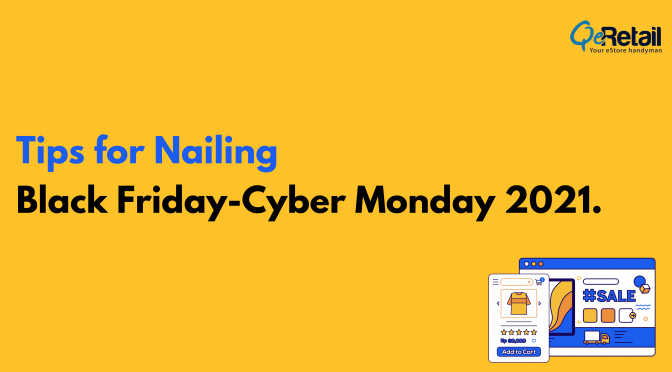The number of tools (one of them is Google page speed score) available today, to check an eCommerce website speed, is high; that simply says how important it is, to have speedy estore websites, no matter what the size of your business is. You simply can’t ignore to have timely audits to check your website performance, the most important aspect of which is web page loading speed check. Let’s go through a few ways to get well performing estores!
- Caching pages into a temporary memory and pulling them from the memory rather than loading them every time from the servers, improves the site speed; this directly contributes to estore conversions because users tend to complete their purchase quite swiftly when the site displays details in no time.
- Lavish and bombastic images when not optimized, pose a big threat to the website performance. Make sure to use the image optimizing tools to get your images fit appropriately into the site without impacting the page speed. Using relevant images, making use of online image compressors, apt image alt text, linking using anchor text, maintaining a suitable format of the images, and so matter when it comes to image quality. Check out on google image publishing guidelines before you publish!
- Content delivery networks like MAXCDN, Akamai help in delivering high ecommerce website speeds during high traffic instances.
- Web page loading speed is impacted by cheap web hosts. Make sure to choose your web host suiting your site traffic needs
- Round trip times of browsers contacting your estore servers to bring out the details to users, should be kept as low as possible.
- File compression contributes to well-performing estores. CSS and js file types can be compressed using gzip compressors.
- Not a single eCommerce platform suits all businesses. LemonStand is a cloud eCommerce platform meant to listen to enormous traffic and high user demands. Shopify is great when you aren’t doing a lot of customisations; it offers high speeds too. There are hundreds of such platforms lying over; it lies in your skill to choose the best one for your store!
-
Switch off the plugins not used by you.
-
Redirects increase the website loading time. Make sure your audit methods bring out details on redirects so you cut down on unnecessary or long chain redirects. Reduce the http requests, using CSS sprites.
-
Php accelerators improve the php file loads on your site. Is your site written on php and you don’t have an accelerator put up yet? Wake up.
- Broken links are the stupidest reasons behind a low web page loading speed.
-
Obsolete CMS deteriorates your site speed. Have you updated your CMS?
-
Setting the dimensions for images, informs the browser, to continue loading the page, allocating the necessary space for your images. Don’t miss to set up these dimensions.
-
Responsive websites are the best solutions for mobiles and smart devices. Build one for your mobile audience, if you don’t own one yet.
-
Social connect is extremely important but that doesn’t mean you’d have mammoth sized buttons. Use tools like Webpage test, so you’re sure you know what causes a blow to high speeds. Do the needful.
We believe this is a good number of checkpoints every business should keep an eye on, in order to keep up great ecommerce website speeds. Should you have questions on the same or onSEO tips or on anyeCommerce services, our experts are available to help you.Ask us now.







